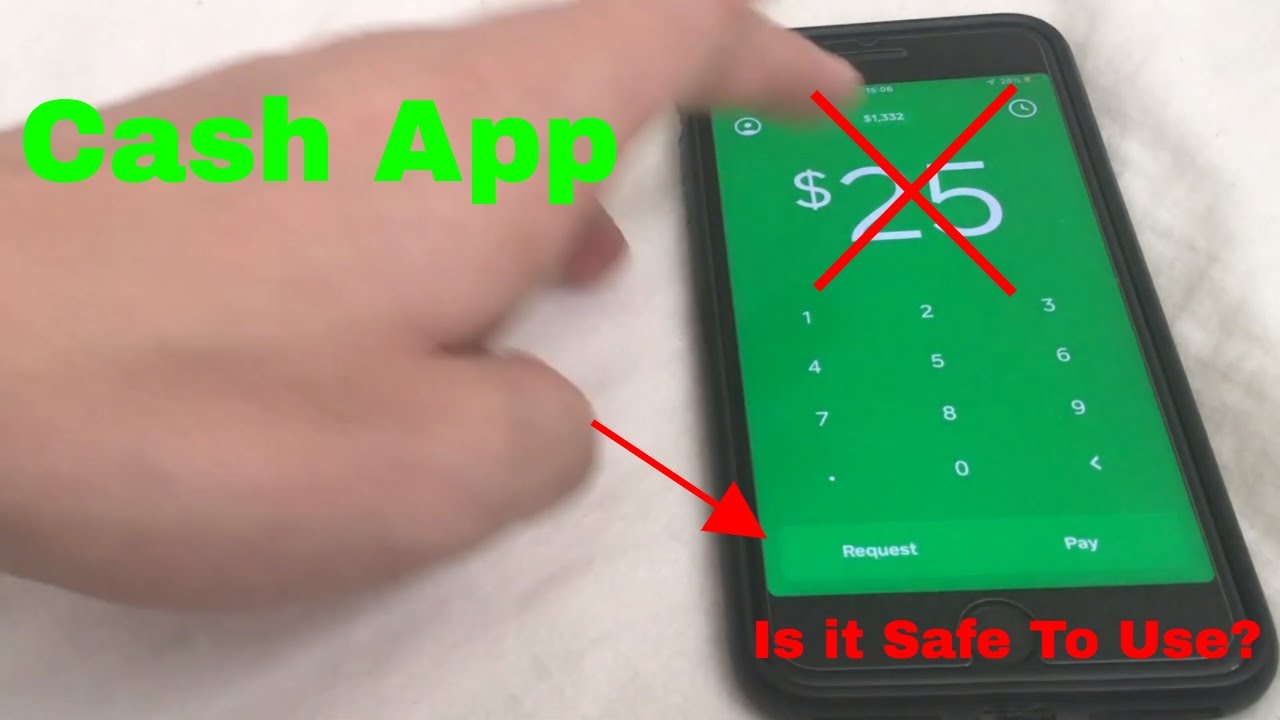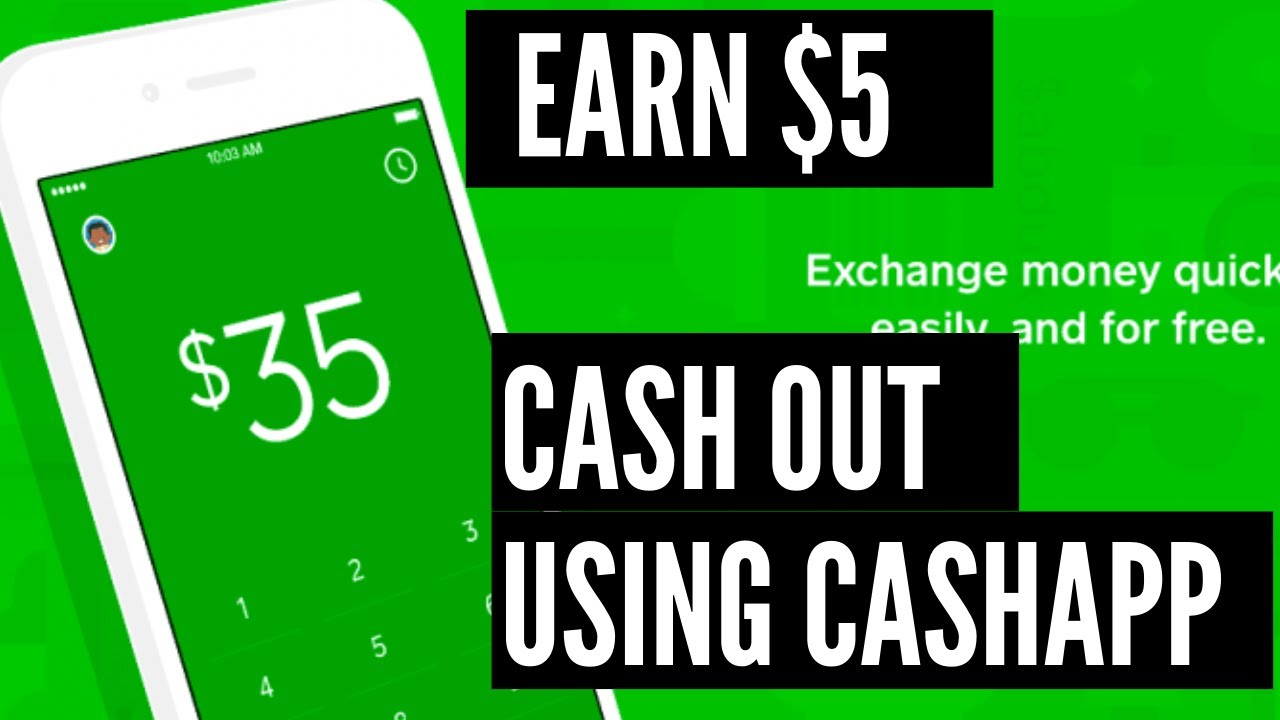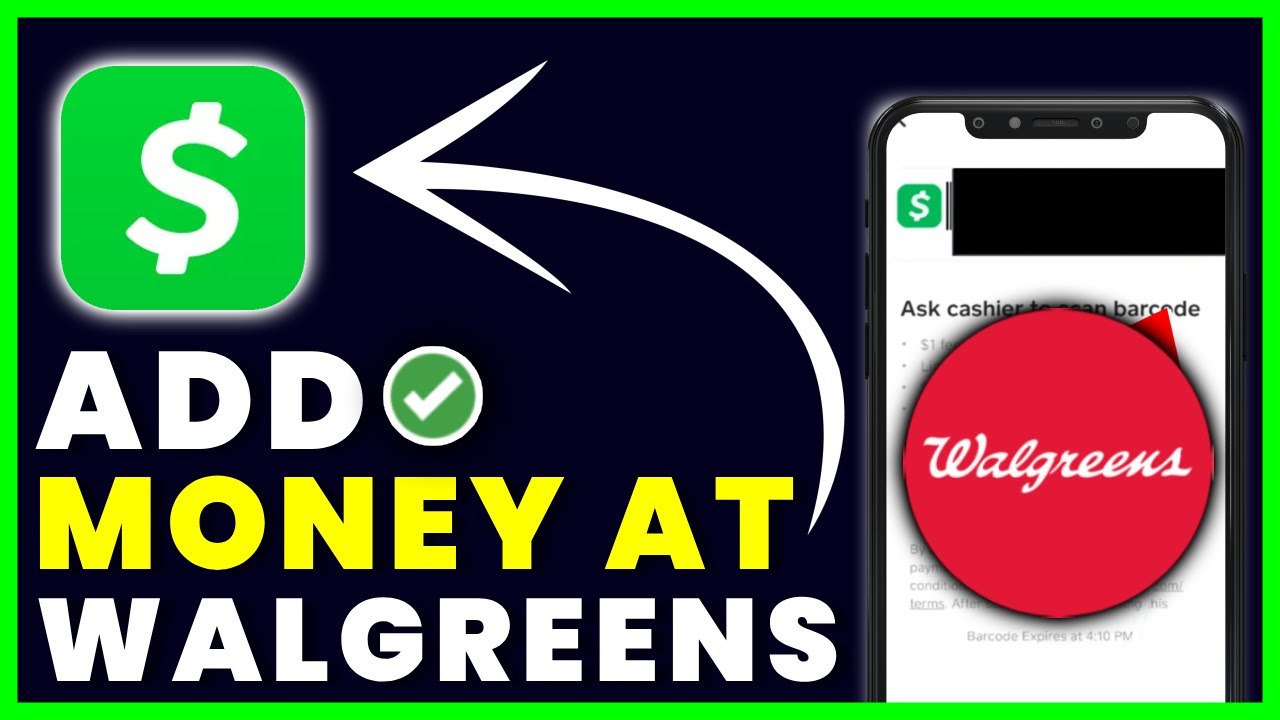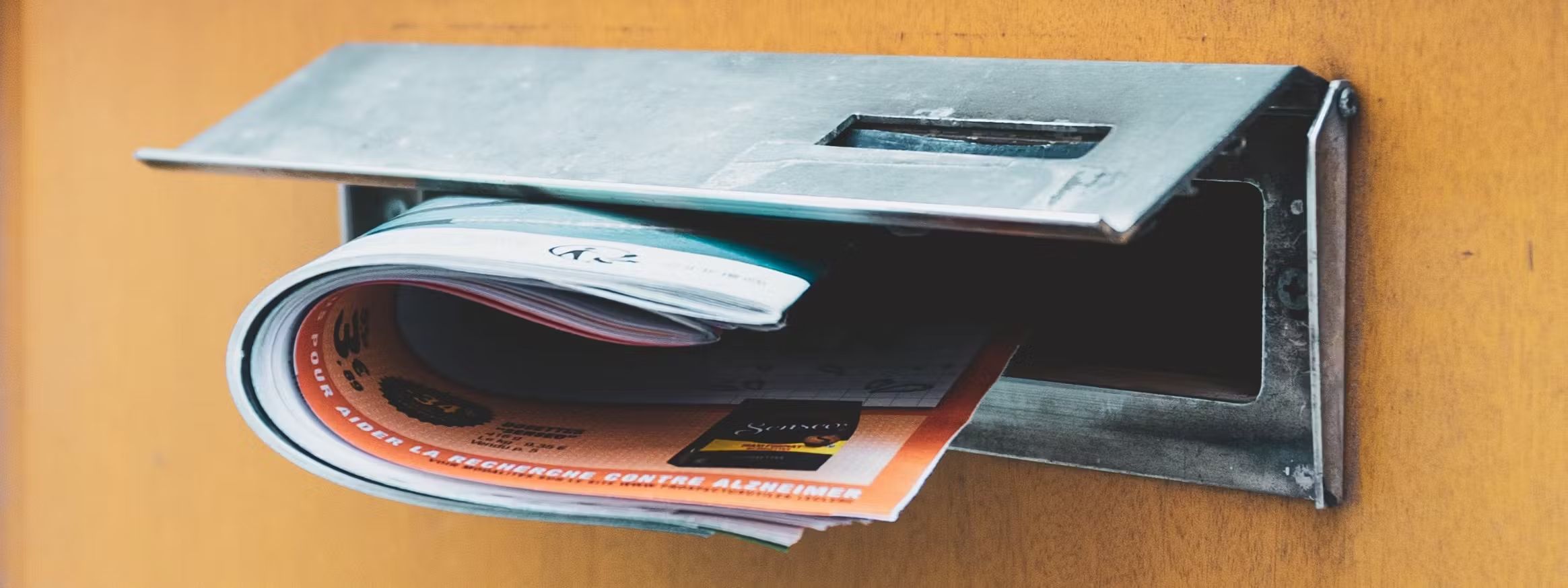Cash App Overview
Cash App, developed by Square Inc., is a popular peer-to-peer payment app that allows users to send and receive money instantly. With its user-friendly interface and convenient features, Cash App has gained significant popularity among individuals, businesses, and even small merchants.
One of the key features that sets Cash App apart is its seamless integration with mobile devices, enabling users to send money with just a few taps on their smartphones. Whether you’re splitting a bill with friends, paying for goods or services, or simply sending money to a family member, Cash App makes the process quick and hassle-free.
In addition to its basic money transfer functionality, Cash App also offers a range of other features that make it a comprehensive financial tool. Users can link their Cash App account to a debit card, allowing them to make purchases and withdraw cash directly from their account. The app also provides a free customizable Cash Card, which functions like a traditional debit card, making it easy to access and spend your Cash App funds.
Moreover, Cash App has expanded its services to include features like direct deposits, stock investments, and even Bitcoin trading. This adds a layer of convenience and versatility to the app, making it more than just a payment platform.
With its increasing user base and growing popularity, Cash App has become a viable alternative to traditional banking systems. It offers a streamlined approach to money management and transfers, making it attractive for individuals looking for a modern and efficient financial solution.
Next, let’s take a closer look at how Cash App works and the security measures it employs to ensure the safety of its users.
How Does Cash App Work?
Cash App operates by leveraging the convenience of mobile devices to facilitate seamless transactions between users. To get started with Cash App, users need to download the app onto their smartphone and create an account.
Once the account is set up, users can link their bank accounts or debit cards to their Cash App account. This allows them to easily transfer funds between their Cash App balance and their external bank account. Additionally, users can receive direct deposits into their Cash App account, making it a convenient option for receiving payments.
To send money using Cash App, users simply need to enter the recipient’s $cashtag username, phone number, or email address. They can then specify the amount to send and add a note if desired. The money is instantly deducted from the user’s Cash App balance and transferred to the recipient’s Cash App account.
Receiving money on Cash App is just as straightforward. When someone sends you money through Cash App, the funds are instantly added to your Cash App balance. From there, you can either choose to keep the funds in your Cash App account for future transactions or transfer them to your linked bank account.
Cash App also offers a unique feature called the Cash Card. The Cash Card is a customizable debit card that is linked to your Cash App account. Users can order a physical Cash Card, which is mailed to their address, or they can opt for a virtual card that is stored directly within the app. The Cash Card allows users to make purchases using their Cash App balance, both online and at physical stores, wherever Visa is accepted.
It’s important to note that Cash App is not just limited to peer-to-peer transactions. It can also be used to pay businesses and merchants that accept Cash App as a payment method. This flexibility has made Cash App a preferred choice for small businesses and individuals alike.
Now that you have a basic understanding of how Cash App works, let’s explore the security features that Cash App has in place to keep your finances safe.
Security Features of Cash App
Cash App prioritizes the security of its users’ financial information and transactions. Here are some of the key security features that Cash App implements:
Encryption: Cash App uses industry-standard encryption to protect user data. This means that all personal and financial information shared on the app is encrypted and securely transmitted, reducing the risk of unauthorized access.
Two-Factor Authentication: To add an extra layer of protection, Cash App offers the option to enable two-factor authentication (2FA). With 2FA enabled, users need to provide a unique verification code in addition to their password when logging into their Cash App account.
Fraud Protection: Cash App has measures in place to detect and prevent fraudulent activity. Their systems regularly monitor transactions for any suspicious activity and may prompt users to verify their identity or confirm transactions with additional security checks.
Secure PIN and Touch ID: Cash App requires users to set up a unique PIN to access their account. For devices that support it, users can also opt to use Touch ID or Face ID for added convenience and security.
Dispute Resolution: In case of unauthorized transactions or disputes, Cash App provides a clear process to report and resolve issues. Users can contact Cash App support directly through the app to address any concerns and receive assistance in resolving disputes.
Identity Verification: Cash App follows strict identity verification guidelines to ensure the legitimacy of its users. This process helps to prevent fraudulent accounts and provides an added layer of security for all users.
Notification and Permission Controls: Cash App sends real-time notifications for account activity, such as transactions or changes to account settings. Users have full control over app permissions, allowing them to choose which notifications they receive and what actions require their approval.
While Cash App has implemented these security features, it is important for users to take precautions to protect their accounts. Let’s dive into some best practices for securing your Cash App account in the next section.
Is Cash App Safe to Use?
Cash App has implemented several security measures to safeguard its users’ transactions and personal information. However, no financial platform is completely immune to risks, and it is important for users to be aware of potential vulnerabilities and take precautions.
Overall, Cash App can be considered relatively safe to use, especially when compared to other payment apps. It has become a popular choice due to its user-friendly interface, convenience, and security features such as encryption, two-factor authentication, and fraud protection.
However, it is essential for users to play an active role in ensuring the safety of their Cash App account. Here are some best practices to follow:
Use Strong Passwords: Create a unique and strong password for your Cash App account. Avoid using easily guessable passwords or reusing passwords from other accounts. Regularly update your password to further enhance security.
Set Up Two-Factor Authentication: Enable two-factor authentication to add an extra layer of security. This adds an additional step to verify your identity when logging in, making it more difficult for unauthorized individuals to access your account.
Verify Transaction Details: Always double-check the details of any transaction before confirming it. Ensure that you are sending money to the correct recipient and that the transaction amount is accurate. Pay attention to any prompts or security checks that Cash App may require.
Protect Personal Information: Be cautious about sharing personal information or sensitive data through Cash App or any other communication channels. Cash App will never ask for your login information or PIN outside of the official app.
Update Your App: Keep your Cash App app up to date with the latest version. Developers often release updates to address any security vulnerabilities and enhance overall app security.
Be Wary of Scams: Stay vigilant for potential scams or phishing attempts. Be cautious of unsolicited messages or calls asking for your account information or requesting money. Cash App will never ask for payments to be made outside of the app.
By following these best practices and exercising caution, you can help ensure the safety of your Cash App account and protect your financial information.
Now that we have explored the safety measures and best practices, let’s take a closer look at some common Cash App scams to be aware of.
Protecting Your Cash App Account
As with any online platform, it’s important to take proactive steps to protect your Cash App account from unauthorized access and potential security breaches. By following these guidelines, you can enhance the security of your account:
Use a Strong Password: Create a unique and strong password for your Cash App account. Avoid using easily guessable passwords and consider using a combination of letters, numbers, and special characters.
Enable Two-Factor Authentication (2FA): Turn on the two-factor authentication feature in your Cash App settings. This adds an extra layer of security by requiring a verification code, in addition to your password, to access your account.
Use Biometric Authentication: If your device supports it, enable biometric authentication such as Touch ID or Face ID to add an extra layer of security when logging into your Cash App account.
Be Cautious of Phishing Attempts: Be vigilant about phishing attempts and avoid clicking on suspicious links or providing personal information in response to unsolicited messages. Cash App will never ask for your login information or personal details outside of the official app.
Verify Transactions: Always double-check the details of any transaction before confirming it. Ensure that you are sending money to the correct recipient and that the transaction amount is accurate. Pay attention to any prompts or security checks that Cash App may require.
Update Your App Regularly: Keep your Cash App app updated with the latest version. Developers often release updates to address security vulnerabilities and improve overall app security.
Secure Your Mobile Device: Ensure that your mobile device is password-protected and set up with the latest security updates. Avoid installing any unauthorized apps or granting unnecessary permissions to ensure the safety of your device and the information stored on it.
Monitor Your Account Activity: Regularly review your Cash App transaction history and account activity. Report any unauthorized transactions or suspicious activity to Cash App support immediately.
Be Selective with Cash App Requests: Only accept friend requests or payment requests from individuals you know and trust. Be cautious of requests from unfamiliar accounts, as they might be fraudulent attempts to scam you.
By following these precautions and staying aware of potential risks, you can help protect your Cash App account and keep your financial information secure.
Next, let’s discuss some common Cash App scams that you should be aware of to further safeguard your account.
Common Cash App Scams to Beware Of
While Cash App strives to provide a safe and secure platform, it’s important to be aware of common scams that malicious individuals may attempt. By staying informed and vigilant, you can protect yourself from falling victim to these scams. Here are some of the common Cash App scams to watch out for:
Phishing Scams: Scammers may send fraudulent messages, emails, or even create fake websites that appear to be from Cash App. They try to trick users into providing their account credentials or personal information. Always verify the source of any communication and never share your login information with anyone.
Payment Request Scams: Scammers may request payment from you, claiming to be a friend, family member, or business associate. Before sending money, double-check the requester’s identity and verify the legitimacy of the transaction. Be cautious of any requests that seem urgent or suspicious.
Cash Flip or Investment Scams: These scams promise to multiply your money quickly by offering investment opportunities or cash flipping schemes. Remember, if it sounds too good to be true, it probably is. Be skeptical of any offers that promise high returns or require you to send funds upfront.
Customer Support Impersonation: Scammers may pretend to be Cash App customer support representatives, contacting users through various means. They may request personal information or ask users to download certain apps or software for assistance. Never give out your account information to anyone claiming to be from Cash App support. Contact Cash App directly through the official channels if you have any concerns or need assistance.
Purchasing Gift Cards or Prepaid Cards: Some scammers may ask you to purchase gift cards or prepaid debit cards and provide them with the card information in exchange for payment. Legitimate transactions should not require you to purchase gift cards. Avoid engaging in these requests, as they are likely attempts to scam you.
Social Engineering Scams: Scammers may use social engineering tactics to manipulate and deceive users. They may pose as a friend in need or claim to have information about your account. Be cautious and verify any suspicious claims before taking any action.
Job or Work-From-Home Scams: Scammers may pose as recruiters or employers offering job opportunities or work-from-home schemes. They may request personal information or ask for payment to secure the job. Exercise caution and thoroughly research any job offers or opportunities before providing any sensitive information or sending money.
It’s important to stay informed and skeptical of any requests or offers that seem suspicious. Cash App recommends that users only transact with people they know and trust. If you believe you have fallen victim to a scam or have encountered any suspicious activity on your Cash App account, contact Cash App support immediately.
By being aware of these common scams and staying vigilant, you can protect yourself and your finances while using Cash App.
Now let’s compare the security features of Cash App with other popular payment apps.
Cash App vs. Other Payment Apps: A Security Comparison
When it comes to choosing a payment app, security is a top priority for users. Let’s compare the security features of Cash App with some other popular payment apps to help you make an informed decision.
Cash App: Cash App offers several security features to protect user transactions and personal information. These include encryption, two-factor authentication, fraud protection, secure PIN and biometric authentication options, and identity verification. Cash App also provides prompt customer support to address any security concerns or issues that may arise.
Venmo: Venmo, owned by PayPal, also implements security measures, including encryption and two-factor authentication for account logins. However, unlike Cash App, Venmo does not offer the option to enable biometric authentication. Venmo users should also be cautious about privacy settings, as transactions can be seen by other users by default.
PayPal: As a pioneer in online payments, PayPal is known for its robust security features. PayPal uses encryption and offers user protection against unauthorized transactions. It also provides two-factor authentication and buyer protection for eligible purchases. Additionally, PayPal offers a security key option for users who desire an extra layer of protection.
Google Pay: Google Pay uses multiple layers of security, including encryption and tokenization, to protect user payment information. It also offers biometric authentication options, such as fingerprint or face recognition, for added security. Google Pay also has an advanced fraud detection system that monitors transactions for any suspicious activity.
Apple Pay: Apple Pay emphasizes security and privacy in its operations. It uses a technology called “Secure Element,” which encrypts and stores payment data securely on the device. Apple Pay transactions are authorized using biometric authentication or a passcode. Additionally, Apple Pay employs tokenization, ensuring that no sensitive information is shared during the transaction process.
Zelle: Zelle, a popular person-to-person payment service, relies on the security measures implemented by the participating banks. Users should ensure that their bank offers robust security features such as encryption, two-factor authentication, and fraud monitoring to enhance the security of Zelle transactions.
While all these payment apps strive to protect user security, it’s important to consider your individual needs and preferences when choosing the right payment app for you.
Now that we have compared the security features of various payment apps, you can make an informed decision based on your security requirements and preferences.
Conclusion
Cash App is a popular peer-to-peer payment app that offers convenient and secure money transfer capabilities. With its user-friendly interface, seamless transactions, and additional features like the Cash Card and direct deposits, Cash App has become a preferred choice for individuals and businesses.
When it comes to security, Cash App takes several measures to protect user information and transactions. With encryption, two-factor authentication, fraud protection, secure PINs, and biometric authentication options, Cash App prioritizes the security and privacy of its users.
However, users must also play an active role in protecting their Cash App accounts. Using strong passwords, enabling two-factor authentication, verifying transactions, and staying cautious of scams are crucial steps to maintain account safety.
It is important to note that while Cash App strives to provide a secure platform, no system is completely immune to risks. Being aware of common scams, such as phishing attempts, payment request scams, and social engineering schemes, helps users avoid falling victim to fraudulent activities.
When comparing Cash App to other payment apps, it’s clear that each platform offers various security features. While Cash App prioritizes biometric authentication and immediate customer support, other apps like Venmo, PayPal, Google Pay, Apple Pay, and Zelle have their own unique security strengths.
Ultimately, the choice of which payment app to use depends on individual preferences, security requirements, and trust in the platform’s reputation.
By combining the robust security measures implemented by Cash App with user awareness and precautions, individuals can confidently use Cash App for their financial transactions while mitigating potential risks.
Whether you’re splitting a bill with friends, paying for goods and services, or managing your personal finances, Cash App provides a convenient and secure way to handle your money. Remember to stay informed, take necessary precautions, and enjoy the seamless and safe experience that Cash App has to offer.

























